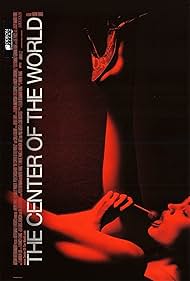Original Bliss Soundtrack (2016)

Buy on Amazon Play and download Soundtracks
Gleißendes Glück
Original Bliss
Original Bliss
Synopsis
Having lost her faith in God, Helene is gradually drowning into a world of severe desperation, mundane repetitiveness and absolute emotional numbness, elaborately concealed beneath an orderly and conventional, almost conservative, facade. Eventually, Helene profoundly shaken by her spiritual crisis, she will choose to resign from life and during those relentlessly unbearable sleepless nights, she will use her insomnia to attend her indifferent, self-absorbed, faithless husband, preparing his breakfast and packed lunch.
Nevertheless, while in despair and in search of help, Helene will gather up her remaining courage and decide to lie in order to travel to Hamburg and meet with the esteemed psychologist and writer Eduard Gluck, the soothing and reassuring voice she heard on the radio. Could he be her saviour, or has he, a mere mortal, too lost his faith? As their clumsy and platonic relationship timidly unfolds, Helene will hesitantly engage in an uneasy inquiry into the correlation of faith, violence, sinful self-indulgence and sexual degradation. Does the original bliss lie beneath the original sin?













